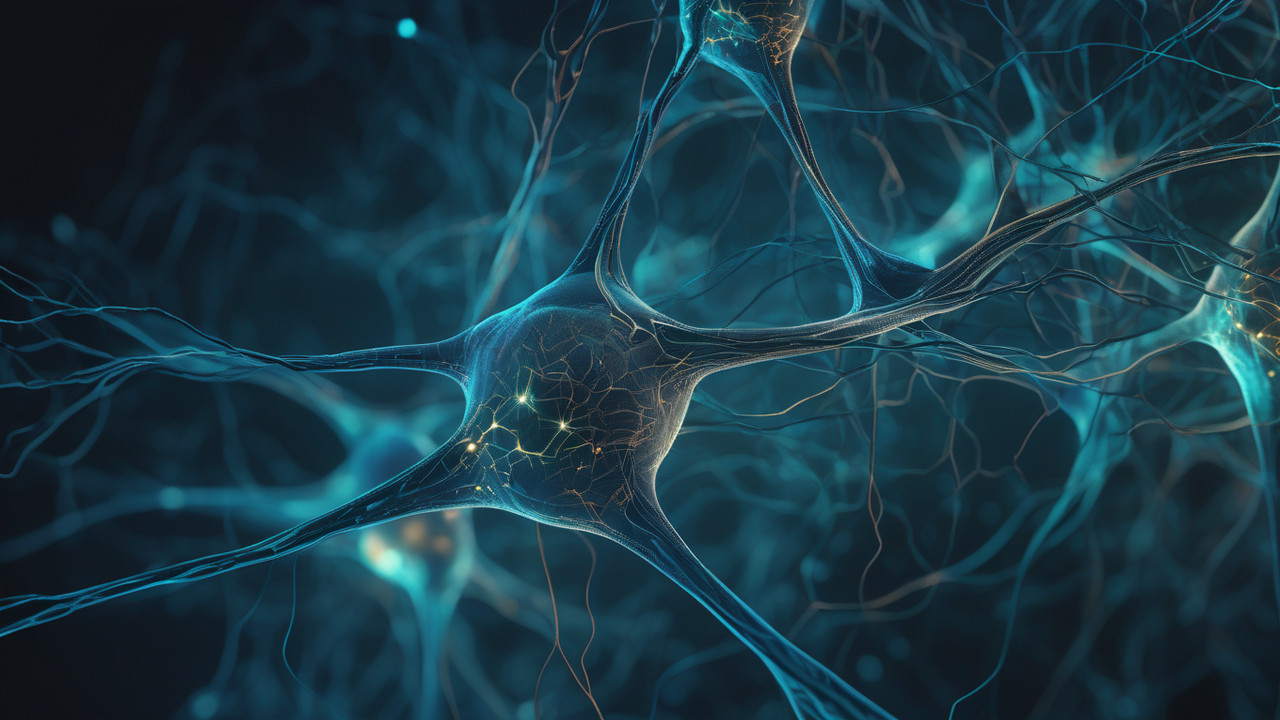When it comes to controlled substances in mental health care, safety and effectiveness are top priorities. Monitoring and compliance play a crucial role in ensuring that your treatment is working for you while also adhering to important legal and ethical guidelines. But what does “monitoring” mean, and why is it such a big deal? Let’s explore what you need to know about staying compliant with your treatment plan and why these processes exist to protect both you and your provider.
Controlled Substances: Monitoring and Compliance

What Is Monitoring in Controlled Substance Treatment?
Monitoring means keeping a close eye on how controlled substances are used in your treatment. It’s about ensuring that your medication is:
- Effective: Is it helping to manage your symptoms?
- Safe: Are you experiencing any side effects or potential risks?
- Used Responsibly: Are you following your provider’s instructions and guidelines?
Your provider may use various tools and methods to track your progress and ensure compliance with state and federal laws.
Why Is Monitoring Necessary?
Controlled substances are highly effective for many mental health conditions but come with risks like misuse, dependence, or abuse. Monitoring helps:
- Prevent Misuse: Ensures the medication is being used safely and as prescribed.
- Protect You: Identifies potential side effects or risks early on.
- Build Trust: Reinforces a transparent and collaborative relationship between you and your provider.
- Follow the Law: Ensures compliance with regulations designed to protect public health and safety.
How Your Provider Monitors Your Treatment
. Prescription Drug Monitoring Program (PDMP)
The PDMP is an electronic system that tracks controlled substance prescriptions across the state.
- How It Helps: Providers use it to check your prescription history and ensure you’re not receiving overlapping prescriptions from multiple sources.
- Why It’s Important: Prevents over-prescribing and reduces the risk of misuse.
2. Regular Appointments
Your provider will schedule follow-up visits to evaluate your progress.
- What to Expect: Discussions about how the medication is working, any side effects, and adjustments to the dosage if needed.
- Why It Matters: These appointments keep your treatment plan on track and provide an opportunity to address any concerns.
3. Urine or Serum Drug Testing
Random drug tests may be part of your treatment plan.
- What They Check For: The presence of prescribed medications and the absence of unauthorized substances.
- Why It’s Done: Ensures that medications are being taken as prescribed and identifies potential misuse.
4. Secure Communication with Other Providers
If you’re seeing multiple healthcare professionals, your provider may collaborate with them to ensure consistency in your treatment plan.
Your Role in Compliance
As a patient, you have an important role in ensuring your treatment plan’s success. Here’s how you can stay compliant:
1. Follow the Prescription
- Take the medication exactly as prescribed—don’t adjust the dosage or frequency on your own.
2. Communicate Openly
- Share any changes in your symptoms, concerns about side effects, or challenges in following the treatment plan.
- Notify your provider immediately if another healthcare professional prescribes additional medications.
3. Attend All Appointments
- Consistent follow-ups allow your provider to monitor your progress and make necessary adjustments.
4. Secure Your Medications
- Store medications in a safe place, out of reach of others, and never share them with anyone.
5. Be Honest
- If something isn’t working or you’ve had a slip-up, be upfront with your provider. They’re there to help, not judge.
What Happens If Compliance Is an Issue?
Non-compliance, whether intentional or accidental, can affect your treatment and your provider’s ability to prescribe controlled substances. Here’s what might happen:
- Refill Delays: If monitoring flags a potential issue, your provider may pause refills until concerns are addressed.
- Adjustments to Treatment: If the medication isn’t being used as intended, your provider might suggest alternatives or additional safeguards.
- Termination of Services: In cases of repeated non-compliance or misuse, your provider may need to end the prescribing relationship.
Building a Balanced Life
Psychiatric medications are most effective when they’re part of a larger tapestry of care:
- Therapy helps you navigate the terrain of your thoughts and emotions.
- Lifestyle changes—like better sleep, nutrition, and exercise—provide strength for the journey.
- Connection with others reminds you that you’re not alone.
Each of these elements supports the others, creating a holistic approach that nurtures not just your mind, but your whole self.
The Benefits of Monitoring and Compliance
While monitoring might feel like an extra step, it’s designed to benefit you in the long run. It ensures that:
- Your medication is working as intended.
- Potential problems are addressed early.
- You and your provider maintain a strong, trusting partnership.
The Bottom Line
Monitoring and compliance are essential for making controlled substances a safe and effective part of your mental health treatment. By following your provider’s guidance, staying honest, and understanding the importance of these processes, you’re taking an active role in your own care.
